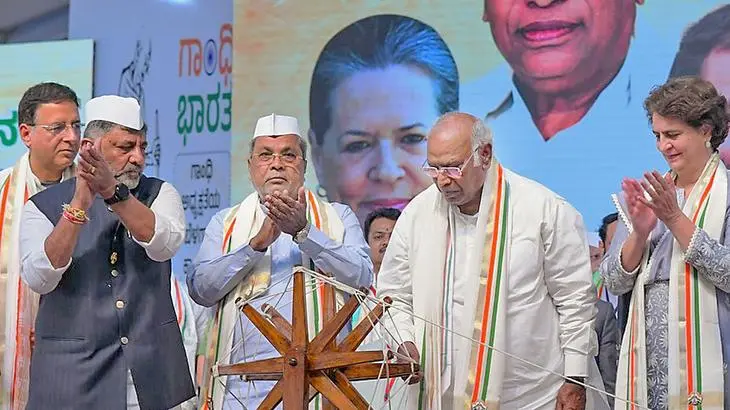Unveiling the Nehru-Edwina Correspondence: A Historical Controversy
The BJP has called for the public release of letters between India's first Prime Minister, Jawaharlal Nehru, and Countess Edwina Mountbatten, suggesting potential historical revelations. Historians and political analysts are divided on the implications of disclosing personal correspondence for political purposes.
January 10, 2025
The recent demand by the Bharatiya Janata Party (BJP) to declassify personal letters exchanged between India’s first Prime Minister, Jawaharlal Nehru, and Countess Edwina Mountbatten has reignited historical and political debates. The BJP has suggested that these letters could reveal crucial insights into India’s partition and the nature of Nehru’s relationship with the wife of Lord Louis Mountbatten, the last Viceroy of India. Supporters of the move argue that making such documents public would provide a clearer understanding of India’s early political decisions, particularly those surrounding the transfer of power and the handling of British influence post-independence. They also claim that history should be free from political censorship, advocating for complete transparency in archival records.
However, historians and political analysts have expressed concerns about the intent behind this demand. Many believe that the push to release personal correspondence is politically motivated, aimed at discrediting Nehru’s legacy rather than seeking genuine historical clarity. Experts caution against sensationalizing private exchanges, arguing that history should be studied in context rather than used for contemporary political point-scoring. Furthermore, questions regarding ethical considerations and privacy arise, as these letters were never intended for public scrutiny. The controversy underscores how historical narratives continue to shape India’s political discourse, often becoming tools for present-day ideological battles.


















